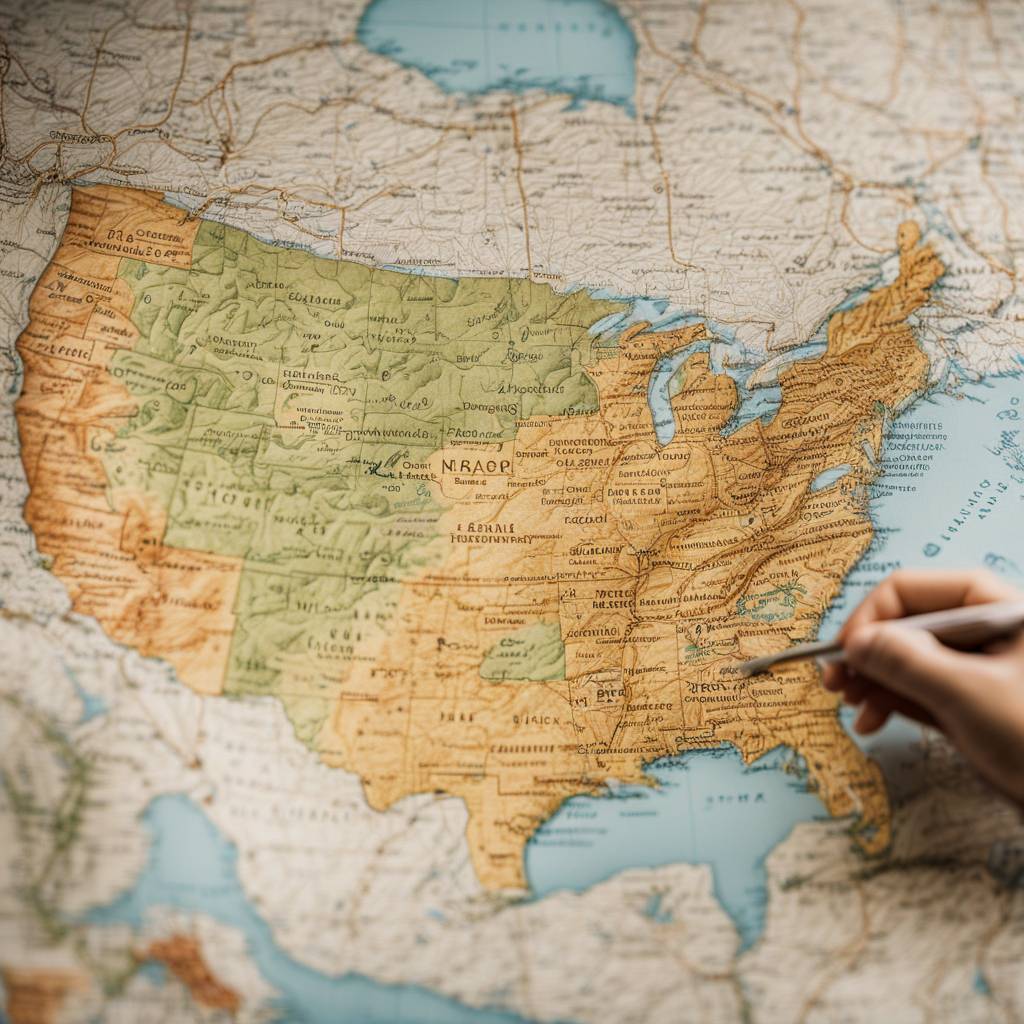Governor Glenn Youngkin signed House Bill 994 into law in Virginia, making it the 12th state to officially ban child marriage. The law sets the legal marrying age in Virginia to be 18 and eliminates the ability for minors to be declared emancipated on the basis of the intent to marry. This closes a loophole that allowed 16- and 17-year-olds who have been emancipated from their families to wed, which advocates say has facilitated legal trafficking of minors under the guise of marriage. Unchained At Last estimates that nearly 9,200 girls in the 12 states where child marriage has been banned have been affected, with over 7,800 minors in Virginia being entered into marriage between 2000 and 2021, many as young as 12 years old.
The Tahirih Justice Center’s public policy director, Casey Carter Swegman, hailed the new law as a monumental achievement for children in Virginia, removing the threat of forced child marriage. Virginia first began the movement to end child marriage in 2016, when a law was passed setting the marrying age at 16. Previously, minors under 16 were allowed to marry with parental consent if the relationship involved a pregnancy. The minimum marrying age in most states is currently set at 16, with a few exceptions like Delaware, which was the first state to raise it to 18 in 2018. HB 994 will go into effect in Virginia on July 1, alongside 776 other bills that Youngkin signed into law.
The Tahirih Justice Center serves immigrant survivors fleeing gender-based violence and has been a key advocate in pushing for an end to child marriage. While progress has been made in several states, there are still some that do not have a minimum marrying age, including California, Mississippi, New Mexico, and Oklahoma. The efforts to ban child marriage have been bipartisan, with Youngkin emphasizing the need for common ground in creating legislation. Advocates and child marriage survivors have praised the new law in Virginia, calling for an end to child marriages across the country. The passage of HB 994 is seen as a significant step in protecting the rights and well-being of minors, particularly young girls, who have been disproportionately affected by child marriage.
The impact of child marriage extends beyond legal recognition, as survivors often face long-term consequences including health issues, economic hardship, and limited educational opportunities. By banning child marriage, Virginia and other states are taking a stand against practices that perpetuate harm and exploitation of minors. The push to end child marriage is part of a broader movement to protect vulnerable populations and promote gender equality. The legislative progress made in Virginia and other states reflects a growing awareness of the need to address systemic issues that enable child marriage to thrive. As advocates continue to work towards nationwide bans on child marriage, the focus remains on ensuring the safety and well-being of all children, free from coercion and exploitation in the name of marriage.








